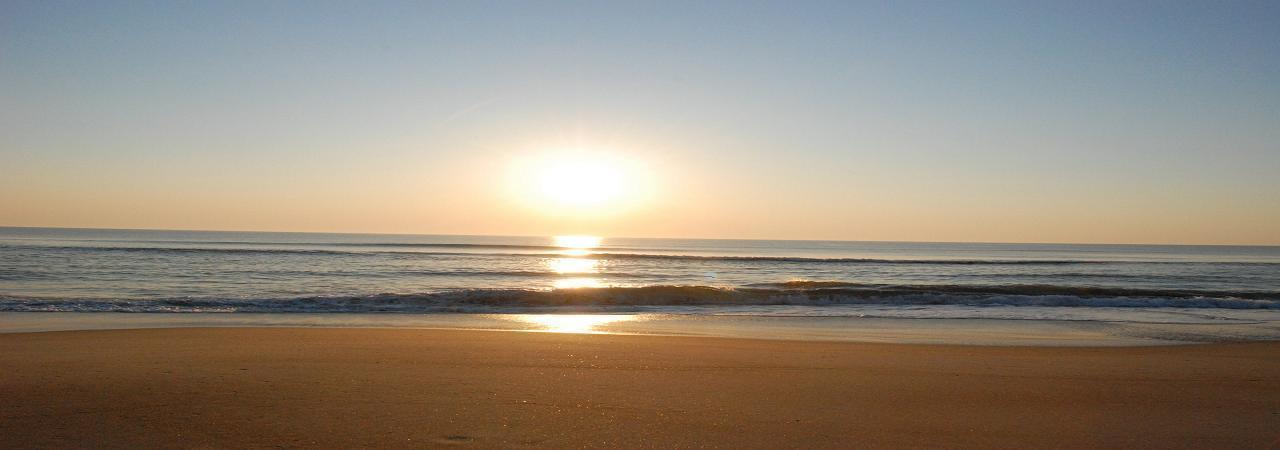Posted on December 20, 2014
by Jerry Alatalo

 eteran journalist and documentary filmmaker John Pilger wants people to know that state-sponsored torture is nothing new – and that anyone who thinks it is, is absurd. Could one of the reasons U.S. President John F. Kennedy became assassinated some 50 years ago have been his plan to “break the Central Intelligence Agency (CIA) into a million pieces…”? John Pilger remembers interviewing an American nun who recalled her American torturer in Central America during the 1980’s.
eteran journalist and documentary filmmaker John Pilger wants people to know that state-sponsored torture is nothing new – and that anyone who thinks it is, is absurd. Could one of the reasons U.S. President John F. Kennedy became assassinated some 50 years ago have been his plan to “break the Central Intelligence Agency (CIA) into a million pieces…”? John Pilger remembers interviewing an American nun who recalled her American torturer in Central America during the 1980’s.
Speaking of the British press, Pilger leaned on his decades of living in the United Kingdom as a journalist, and points out that the British government is responsible for much of the “mayhem” in the Middle East yet the facts have become “airbrushed” by the media there. He feels that “the media has become almost raw propaganda”. Describing the situation where known-by-everyone in the media and governments of war criminals and their virtual impunity, Pilger, incredibly, says that since the Vietnam War up until today there is a consensus to cover up the crimes.
Pointing to the example of the Iran-Contra scandal during the Ronald Reagan presidency (1980-1988), Pilger says the number of those who committed serious crimes yet went unpunished was in the dozens, “so everybody knew”. It becomes more and more clear that there are separate forms of justice in the world for those who are powerful and those who are not. The crimes committed in wars such as torture – or lying to the world before the 2003 Iraq War, and white-collar fraud varieties most people saw in epidemic proportions during the financial crisis of 2008, very rarely result in perpetrators doing time. Yet, those without financial or political power who commit crimes which do much, much less damage to societies find themselves quickly behind bars.
This is certainly not meant to say that poor and voiceless people who commit crimes should have immunity from prosecution, but that all criminals need to become held accountable – especially the ones whose actions result in massive harm. With regard to unequal justice, criminals with power and influence simply must become deterred through the same harsh punishment, proportional to the harms done, as those without the “right connections”. When massive harm does not result in massive punishment, potential “massive harmers” will not think before acting in the future.
When asked about resumption of violence in Iraq, John Pilger says he’s “not surprised… Unaccountable power will continue to go into other countries”. That is, Pilger added, “unless the public strongly reacts”. He seems to express some disappointment in saying that it has become very dangerous for people to take part in demonstrations like the ones around the world in opposition to a possible war in Iraq in 2003, and that journalists face the same increased risks.
Asked about Russia, Mr. Pilger says he’s “never known the truth (to become) so inverted (as) on Ukraine, which is a more dangerous form of Cold War than the first one”. He compares the Iraq War of 2003 and Ukraine, because there is “much fiction in both”. He believes that the recent plunge in global oil prices are part of an effort by the U.S. and Saudi Arabia to hurt the Russian economy, a perspective increasingly shared by analysts and journalists, born out by the drop in value of the Russian ruble.
John Pilger talked about developments in Ukraine as they relate to Russian President Vladimir Putin. Since the February 2014 violent coup d’état which ousted democratically elected Ukrainian President Viktor Yanukovych, Pilger thinks Putin has been consistent in advocating for a solution based on intensive dialogue. What worries Mr. Pilger is that recently Vladimir Putin has stopped talking diplomatically, and includes the term “red lines” in public addresses.
That describes, according to John Pilger, a situation which has become very dangerous, fuelled in large measure by the “demonization” of Russia. “It’s such a danger”.
****
(Thank you to goingundergroundRT at YouTube)

